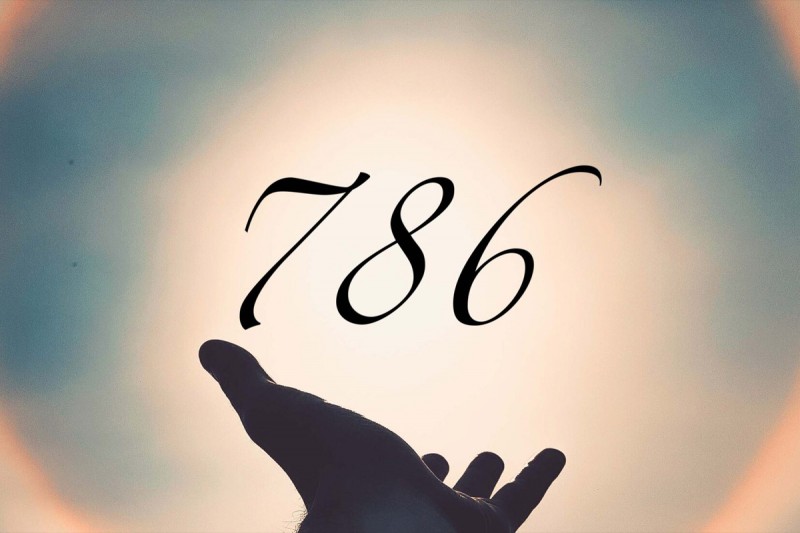
In the realm of numerology, certain numbers carry profound significance, transcending mere digits to embody beliefs, values, and cultural identity. One such number is 786, often regarded as an Islamic symbol by many. However, amidst varying interpretations, the question arises: Does 786 hold intrinsic religious significance within Islam, or is it simply a numerical entity?
For adherents of Islam, 786 is intricately linked with the phrase "Bismillah al-Rahman al-Raheem" (In the name of Allah, the Most Gracious, the Most Merciful). It is believed that the numerical value of this sacred invocation sums up to 786. Consequently, 786 is deemed as a pure and auspicious number, symbolizing divine blessings and benevolence.
In numerology, the sum of the digits in 786 (7 + 8 + 6 = 21) reduces further to 3 (2 + 1). Across various faiths, the number three holds significance, signifying harmony, balance, and spiritual completeness. However, it's worth noting that within Islamic teachings, there is no explicit mention of the significance of this specific numerical combination.
Beyond its religious connotations, 786 holds cultural significance among Muslims, representing positivity, fortune, and prosperity. It is not uncommon to find households and businesses adorned with the numerical inscription, reflecting a belief in its auspicious attributes. Moreover, in the realm of matrimonial affairs, 786 often finds its way onto wedding invitations, symbolizing blessings for the union.
The influence of 786 extends beyond religious and cultural domains into popular culture, particularly in the Bollywood film industry. Several notable films, such as "Coolie No. 786," "Khiladi 786," and "Jail Number 786," have incorporated the number into their titles, leveraging its perceived auspiciousness to enhance the appeal of the movies.
Despite its widespread acceptance within certain circles, the significance of 786 remains subject to interpretation and debate. While many embrace it as a sacred symbol, others view it merely as a numerical anomaly devoid of religious sanctity. In regions like the Arab world, where Islam originated, the significance of 786 may not be universally recognized.
While some scholars advocate for the exclusive use of "Bismillah" instead of 786, the majority of Muslims continue to incorporate the numerical symbol into their practices. However, there exists a faction that emphasizes the importance of invoking the complete name of Allah and engaging in sincere worship over the mere inscription of digits.
In the rich tapestry of religious and cultural symbolism, the significance of 786 emerges as a nuanced amalgamation of faith, tradition, and personal belief. Whether viewed through the lens of spirituality or skepticism, its enduring presence underscores the profound interplay between numerology, culture, and human interpretation.
Govinda launched his OTT 'Filmi Lattu', know how much the subscription will cost